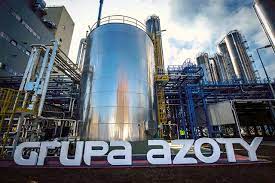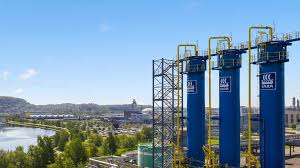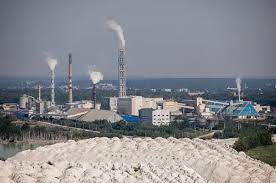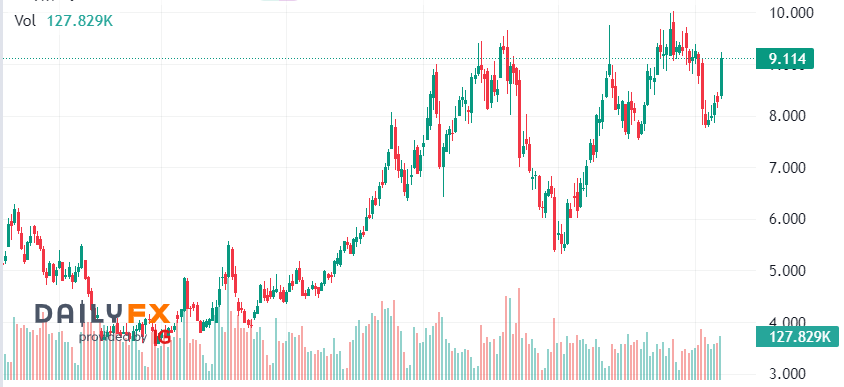Industry news
High gas prices have led to the closure of fertiliser plants in Europe
Writer: MAYHARVEST Time:2022-09-15 18:44:50 /p>
High gas prices have led to the closure of fertiliser plants in Europe
European Union fertilizer plants are shutting down in the face of record high gas prices, Economedia reported Monday. Because it's cheaper to import than to produce. But fertiliser is a prerequisite for intensive EU agriculture and European food security.
Bad news for the European fertiliser industry comes thick and fast, including:
On August 25th CF Fertilizers UK, Britain's largest fertiliser maker, announces "suspension" of production at its Billingham plant; Poland's two other major fertiliser producers had already announced they were suspending operations.

Achema, Lithuania's only nitrogen fertilizer producer, announced Wednesday that it was suspending production.
Nitrogen fertilizer production at the Grupa Azoty plant in Poland was halted on April 26. "Over the past six months, the price quoted for gas has increased from 72 euros per megawatt hour on Feb. 22 to 276 euros on Aug. 22," the company said.

Yara, a Norwegian fertiliser maker, closed the second of its three ammonia plants yesterday. The company said it was not sure how much it would cut.
The energy-intensive fertiliser industry was one of the first heavy industries to cut production in Europe as Western sanctions on Russian oil and gas following the Ukraine crisis deepened the region's energy crisis. Industry watchers worry that gas prices will continue to rise at least through the end of the year.
The data show that the EU fertiliser industry is relatively small, accounting for just 9 per cent of global capacity, but with the European fertiliser industry closed or set to close, the only solution for European agriculture is to import.

In Romania, as in the European Union as a whole, the fertiliser industry has shut down. Azomure?, a unit of Switzerland's Ameropa Group. The plant was shut down in December and restarted production in April, but again in July. Speaking of "crisis" and "food security", the company's managing director pointed to decisive government action at least at the last minute, with almost 50 per cent of European fertiliser production either suspended or reduced. The worst drought in 500 years has hit Europe this year, and agricultural production is expected to plummet. Food security should be high on the European agenda. The continued production of fertiliser is vital for Europe.
PRODUCT
LATEST NEWS
- MAYHARVEST WAS INVITED TO PARTICIPATE IN THE DRIVING CEREMONY OF THE HUMATE DEVICE WITH AN ANNUAL OUTPUT OF 50,000 TONS IN -HEISE ECOLOGICAL TECHNOLOGY---CHINA'S LEADING HUMIC ACID ENTERPRISE
- Effects of Different Liquid Organic Fertilizers on Cotton Growth and Soil Nutrients---liquid organic fertilizer containing humic acid (HF)
- International Ammonium Phosphate Memorabilia(2)
- International Ammonium Phosphate Memorabilia
- Russia is considering export duties on all types of fertiliser
CONTACT US
Phone: 008617313349828
WhatsApp: 008617313349828
Email: info@mayharvest.com
Add: FLAT/RM B 5/F GAYLORD COMMERCIAL BUILDING 114-118 LOCKHART ROAD HONG KONG
